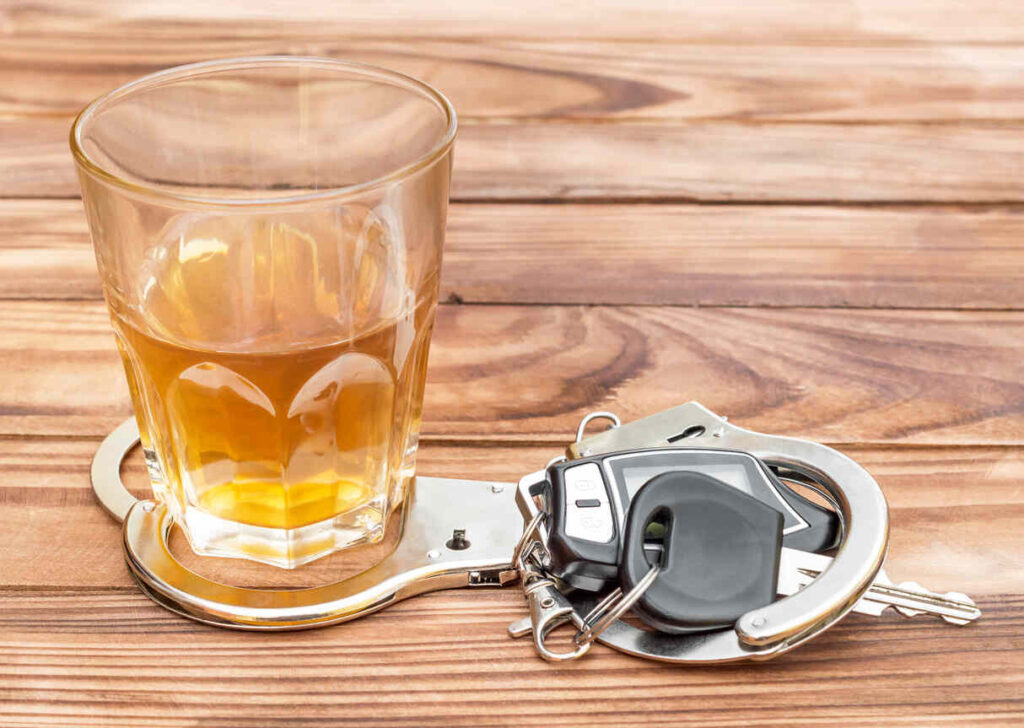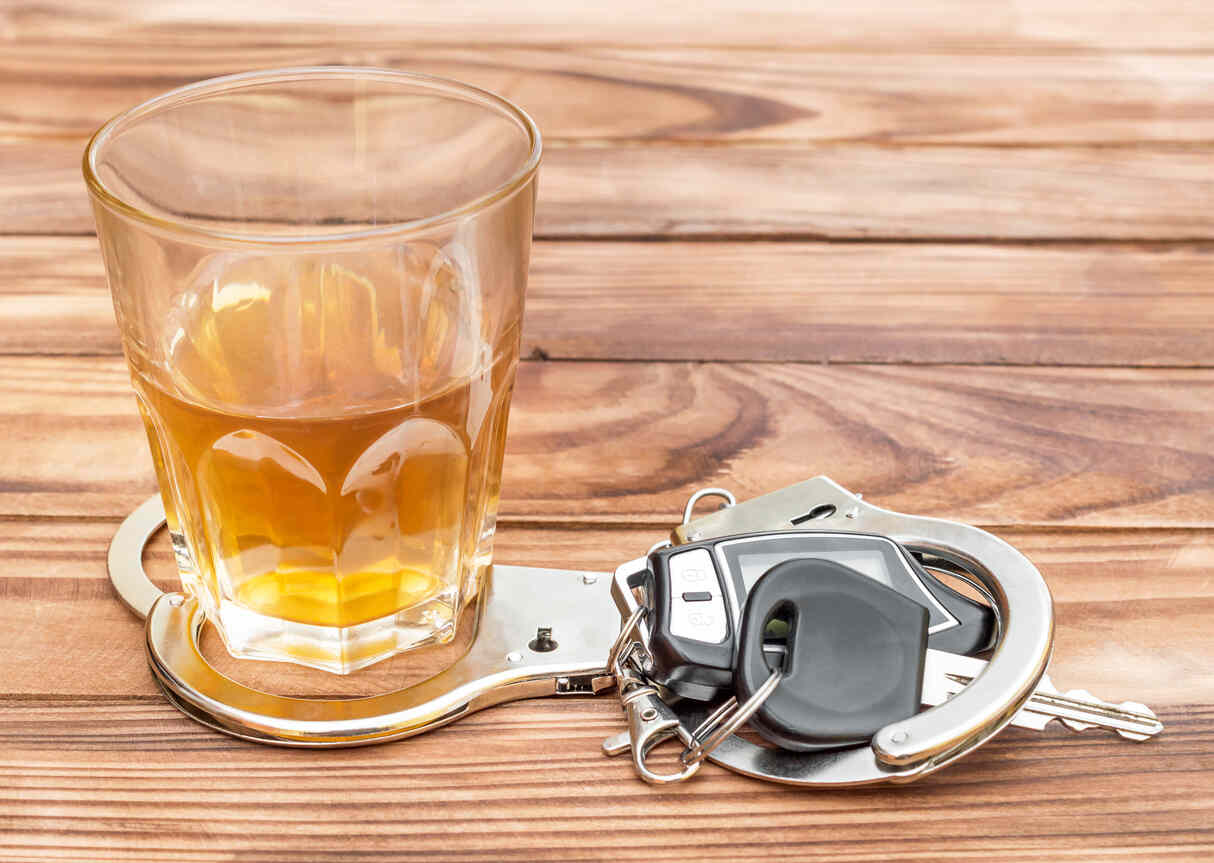Being arrested for driving while intoxicated (DWI) in Texas can be a frightening and confusing experience. Whether it’s your first offense or a repeat charge, knowing what to expect next—and what steps to take—can make a major difference in your case and your future.
At Peek Law Group, our San Antonio criminal defense attorneys help individuals across the state fight DWI charges with strategic, experienced legal defense. Here’s what typically happens after a DWI arrest in Texas—and how we can help you navigate the process.

Arrest and Booking
After a DWI stop, if law enforcement believes you’re intoxicated, based on a breath test, blood test, field sobriety test, or other evidence, you will likely be arrested and handcuffed at the scene.
The next steps include you being:
- Transported to a local jail.
- Booked—this includes fingerprinting, taking your photo, and entering your information into the system.
- Held for several hours or until you post bond or are released.
Administrative License Suspension (ALR Process)
One of the first consequences of a DWI arrest is the automatic suspension of your driver’s license.
- If you refuse a breath or blood test, your license may be suspended for 180 days.
- If you fail the test (BAC of 0.08% or higher), the suspension may last 90 days.
You only have 15 days from the date of your arrest to request an Administrative License Revocation (ALR) hearing to challenge the suspension. If you don’t act in time, your license will be automatically suspended. Our firm can represent you at your ALR hearing to fight for your driving privileges.
Arraignment and Court Appearances
Within days or weeks of your arrest, you’ll be required to appear in court for arraignment, where you’ll hear the formal charges against you and enter a plea.
Depending on the circumstances, you may face:
- Class B misdemeanor (first offense with BAC under 0.15).
- Class A misdemeanor (BAC of 0.15 or higher or second offense).
- Felony DWI (third or more offense, or if someone was injured or killed).
If convicted, penalties may include jail time, fines, license suspension, DWI education programs, ignition interlock devices, or probation. Having legal counsel early in the process can help mitigate or even avoid these penalties.
Pretrial Negotiations or Motions
Before your case ever reaches the inside of a courtroom for trial, there is often a critical window of time where your attorney can work to improve your outcome behind the scenes. This pretrial phase is one of the most important stages of any DWI defense, as it allows for a thorough investigation of the evidence and potential negotiation with the prosecution.
During this time, our defense attorneys may:
- Review the legality of the traffic stop and arrest.
- Challenge the validity of breath or blood test results.
- Identify constitutional violations or procedural errors.
- File motions to suppress unlawfully obtained evidence.
- Negotiate for dismissal, reduced charges, or alternative sentencing options.
Our experienced DWI lawyers know how to leverage weak evidence, procedural flaws, and the prosecution’s burden of proof to strengthen your position before trial is even necessary.
Trial (If Necessary)
If your case proceeds to trial, both sides will present their evidence in front of a judge or jury. The prosecution must prove beyond a reasonable doubt that you were operating a motor vehicle while intoxicated. While many DWI cases in Texas are resolved before trial, some require courtroom litigation to achieve justice. If this happens, having a prepared, experienced trial attorney on your side is essential.
Sentencing and Consequences
If you are convicted of DWI in Texas—whether after a trial or as part of a negotiated plea—you will be sentenced by the judge. Sentencing is not one-size-fits-all. It can vary widely depending on the facts of the case and your personal history.
Key factors that influence sentencing include:
- Whether this is your first DWI offense or a repeat.
- Your blood alcohol content (BAC) at the time of arrest.
- Whether there was a minor in the vehicle.
- Whether you caused an accident, injury, or death.
- Any prior criminal record.
Texas DWI penalties may include:
- Jail or prison time.
- Fines up to $10,000.
- Driver’s license suspension.
- Mandatory DWI education or intervention programs.
- Installation of an ignition interlock device.
- Probation, community service, or alcohol treatment
In some cases, our attorneys may be able to argue for deferred adjudication or other alternative sentencing to avoid jail time and keep your record cleaner.
Facing a DWI Charge in Texas? Don’t Wait.
The clock starts ticking the moment yiu’re arrested. From license suspension to court deadlines, acting quickly gives you the best chance at a positive outcome. Contact Peek Law Group, PLLC at (512) 474-4445 or complete our online form today to schedule a confidential consultation. Our experienced Texas DWI defense attorneys are here to help you protect your future—one step at a time.
Related Links:


